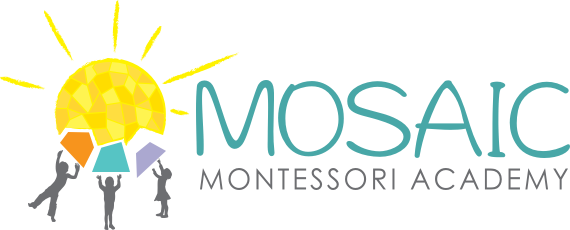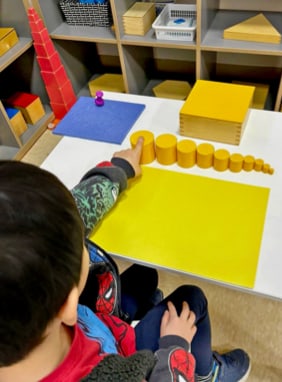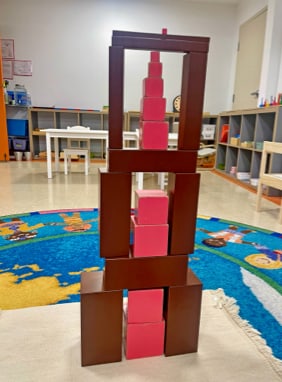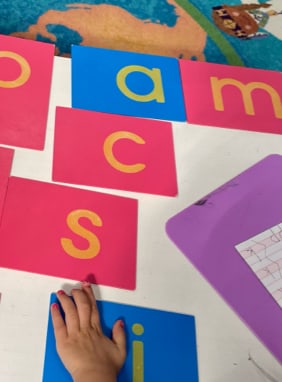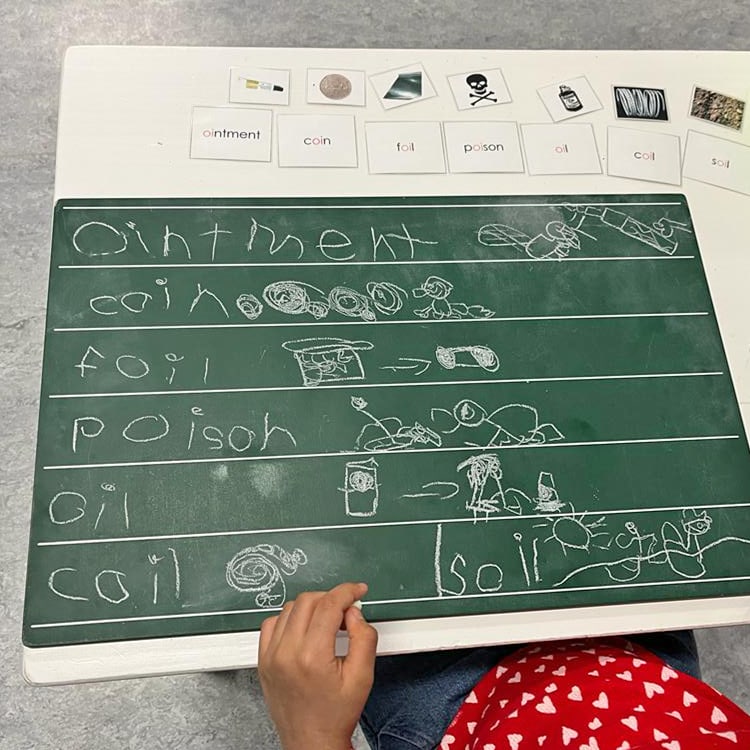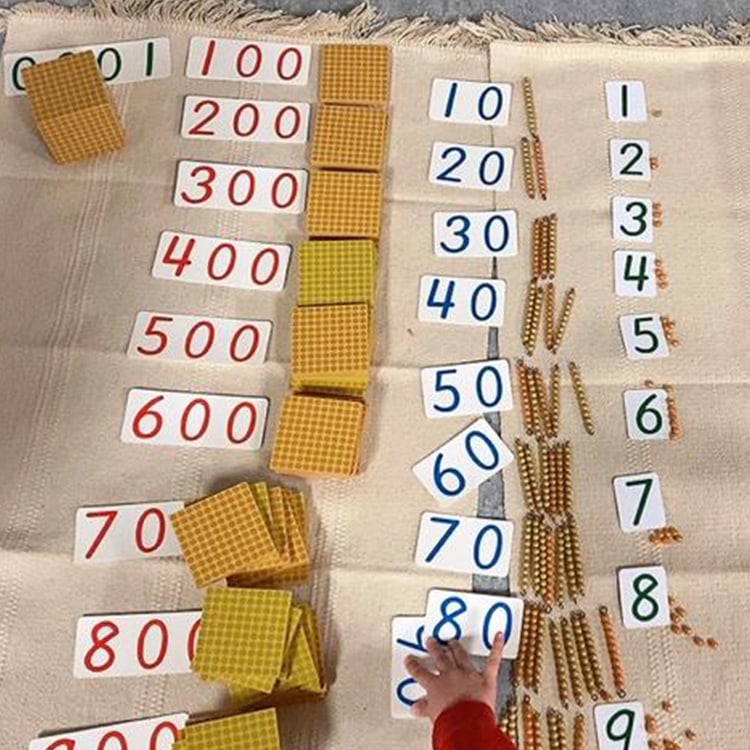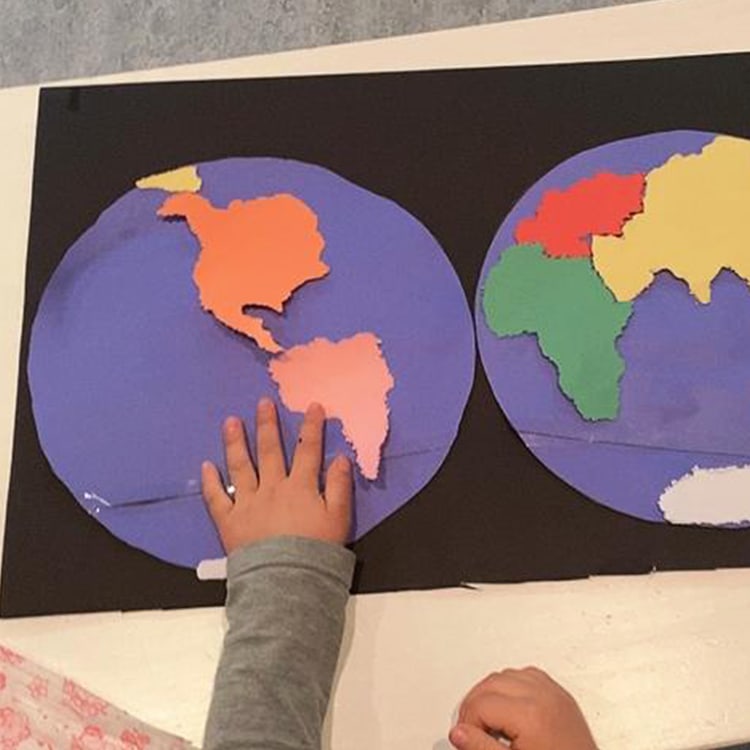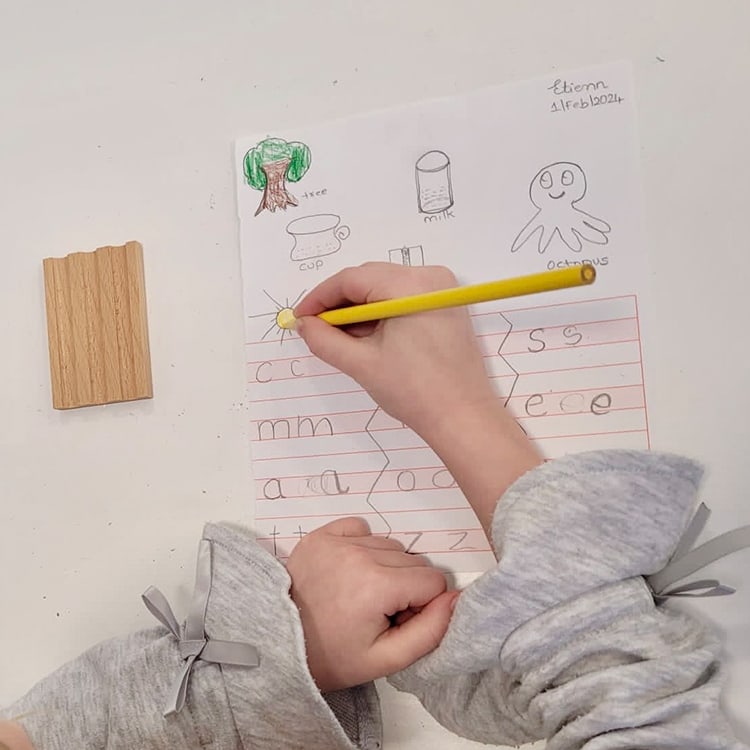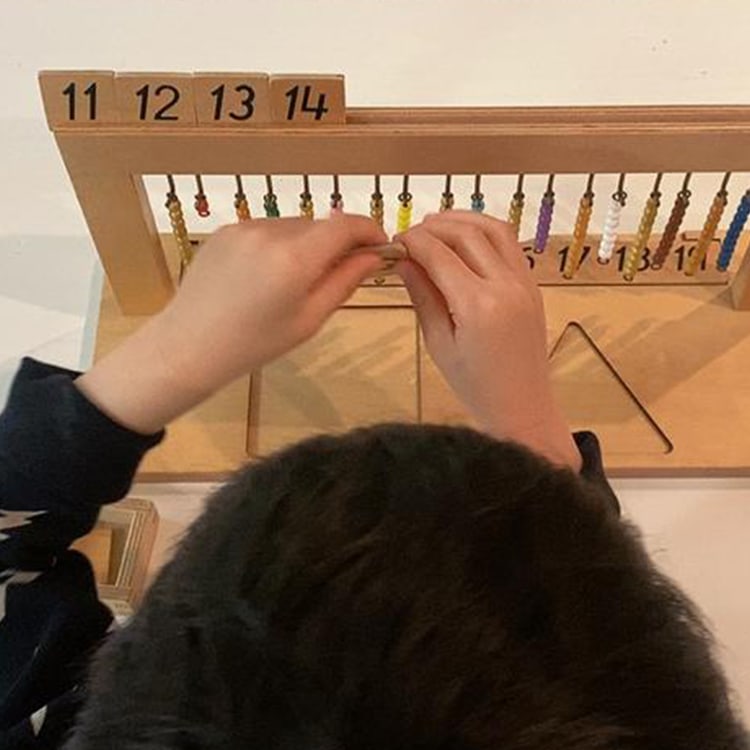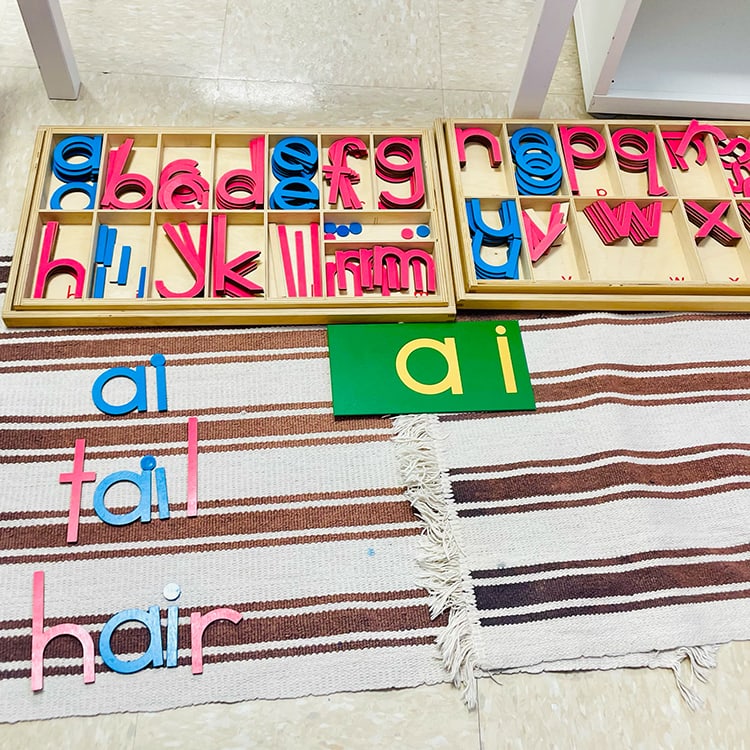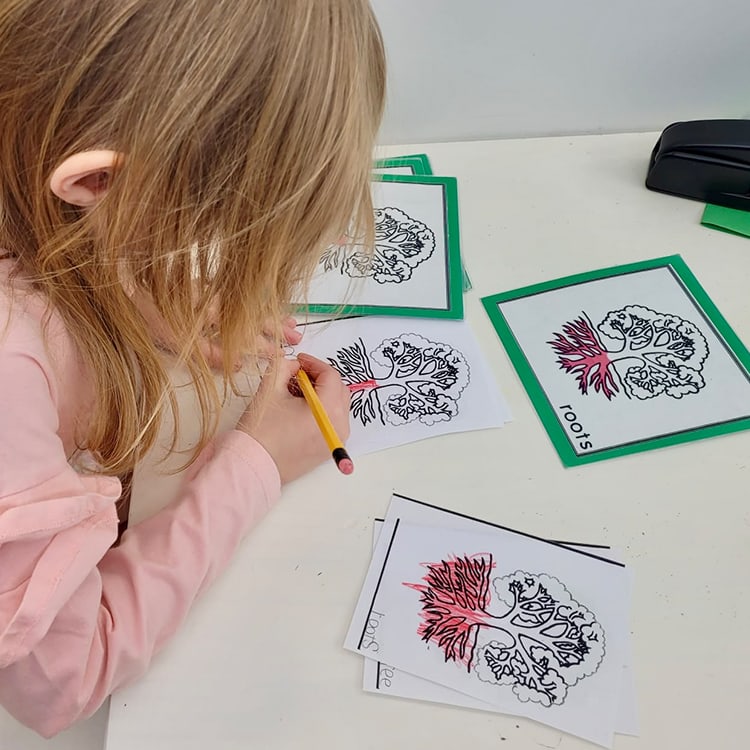Do you believe that all children learn the same way? Or perhaps that there may be different methods that guide their development in a more positive and practical manner? The basis of the Montessori method stems from Maria Montessori’s lifelong pursuit of knowledge in the way that children learn, and how they interact with the environments around them to formulate growth and self-confidence.
Certain core principles may serve as the building blocks of a Montessori education, which will be explained in further detail below.
Respect for Yourself and Others
In a traditional educational system, Dr. Montessori observed that children were generally not treated with respect in that they were taught as though they were lesser than the teacher, with their wants and needs being less important than those of their instructors.
To change this dynamic, Montessori proposed that instead, a more child-centered approach be taken in order to cultivate kindness within children. Children are also taught that they should treat others with the same level of respect that they expect and deserve.
Independence
In a Montessori school. Teachers are taught to take a child’s curiosity seriously to help them learn for themselves, this will, in turn, foster their independence as they endlessly pursue knowledge and personal development.
Respect for the Environment
By urging children to respect the materials involved in certain lesson plans, they are taught value and responsibility. The materials give them a hands-on approach to learning which involves all of the senses and engages all learning styles.
Freedom Within Limits
Students are typically shown how to correctly use learning materials that are part of the lesson plan, this creates an expectation of behaviour that includes freedom and trust, and this trust within boundaries allows them to learn from the feedback they may receive from others.
Self Discipline
Children are taught that discipline is required to learn and acquire knowledge and skills and that this same discipline will allow them to excel in their own personal development. This also teaches respect for the learning process and the pursuit of knowledge.
Self Motivation
Children are taught to take pride in all of the missteps involved when learning a new skill. This grows their personal motivation while learning to appreciate each step and limiting the feelings of disappointment typically associated with perceived failure.
Respect for Knowledge
Children have a natural desire for knowledge and are taught to respect its pursuit and availability throughout the different phases of their development. This may become more evident in a child’s interactions with their peers and environment, in that they are taught equality rather than superiority with individual knowledge and skills. This translates into general respect for knowledge.
Sensitive Periods Are Key
It is believed that there are times, or periods, within our development that allow for our brain to be more receptive when acquiring certain abilities. These periods also line up with our physical development, creating a time interval in which a major leap in learning may occur more efficiently.
These “sensitive periods” include abilities such as:
- Language
- Movement (coordination, spatial awareness, motor skills)
- Incorporating and refining senses
- Manners and etiquette
- Reading and math readiness
Children Have Absorbent Minds
While children tend to their own needs, they absorb all that is going on around them, this includes social exchanges, presentations, etc. The Montessori method believes that students should be given a chance to observe new lessons indirectly to formulate their ideas and become familiar with concepts before they are presented to them. This indirect teaching leads to a non-pressured approach to learning.
Children Construct Their Own Personalities
A child naturally builds their personality through environmental interactions. When they correct and perceive relationships between themselves and cause and effect, they build a social, physical, and emotional roadmap. This capacity develops when children are free in their environment to make decisions, observe others, persist in a task, and create order. The child realizes its own potential with each success.
Through the use and implementation of a prepared environment, the Montessori method believes that children will take their initiative in relation to absorbing knowledge and acquiring new skill sets. By teaching the above principles, this method hopes to instill a lifelong passion for learning and growing as an individual, as well as instilling positivity for years to come.
